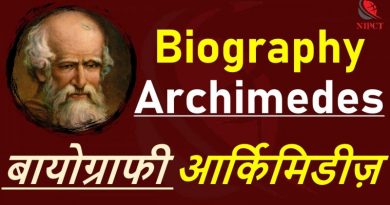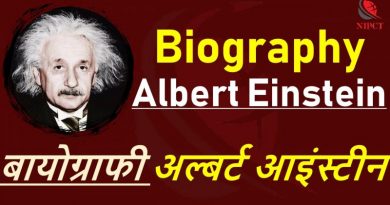Biography of Guru Prakash Dutta
Name: Guru Prakash Dutta
Date of Birth: 19 November 1933, 86 years
Location: India
Occupation: Immunologist
1. Biography
Guru Prakash Dutta was born on 19 November 1933 in India. He did his zoology in 1952 from DAV College, Jalandhar, Punjab University. Honors degree was obtained in 1955. In 1956, he received a Master’s degree MSc and in 1961 a doctorate degree.
2. Work
Guru Prakash Dutta is an Indian cell biologist and immunologist. Who is known for his contribution in the disciplines of experimental technology and immunology. It has been reported in his researches that many anti-malarial drugs have been helped in the development. He started his career as a lecturer in his alma mater in 1962.
Where he stayed until he made his move to the Central Drug Research Institute Sandri in 1964. He worked as a Post Doctoral Fellow at the National Institute of Health, Bethesda during 1962: 63. He served CDRI for more than three decades.
And was a Director Grade Scientist at the time of his retirement in 1993. After his retirement, he worked as a Scientist and Emerging Scientist of the Industrial Research Council at CDRI from 1994 to 1998. From 1998 to 2000, he served as an honorary consultant on malaria at the Central Institute of Medicinal and Aromatic Plants.
Dutta, whose experiments on protology have helped in the comprehensive understanding of protozoa and its functional morphology. He is known for developing new techniques for the culture of unicellular eukaryotic organisms. With special emphasis, he has studied his metacognitive and developmental responses.
Entamoeba histolytica, an anaerobic parasite that acts as an amoebiasis. Datta’s research has written more than 275 articles and two books. He has been an associate for the Walter Reed Army Institute of Research in his two international programs on malaria. He has also mentioned 40 masters and scholars in his research.
3. Awards and honors
1) Data received the title of Doctor of Science from the Punjab University in 1973.
2) The Scientific and Industrial Research Council awarded him the Bhatnagar Award for Peace in Biological Sciences in 1976.
3) He was selected as his partner in 1984 by the Indian National Science Academy.
4) The National Academy of Sciences, India, along with his association in 1991, did INSA research.
5) He was also selected as a fellow by the Indian Society for Parasitology in 1993.
4. Books
1) Antimalarial drug development and prophylaxis against malaria.
2) Extension of experimental and clinical studies on amoebiasis.



